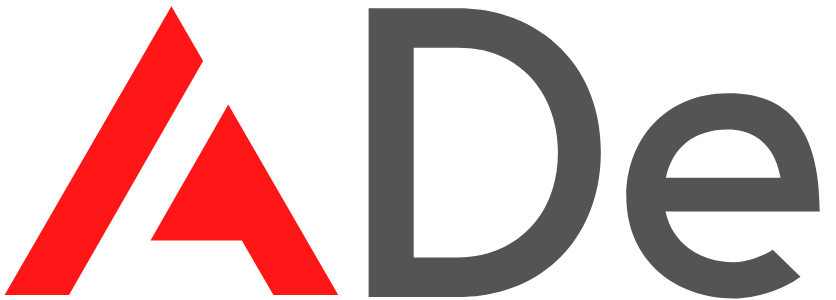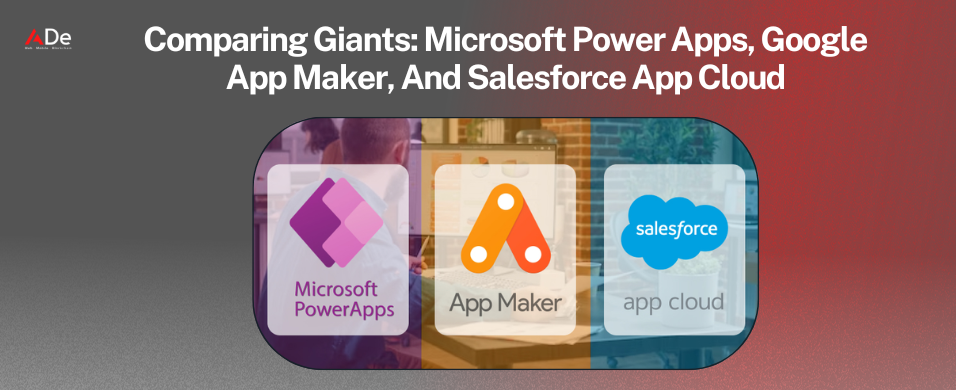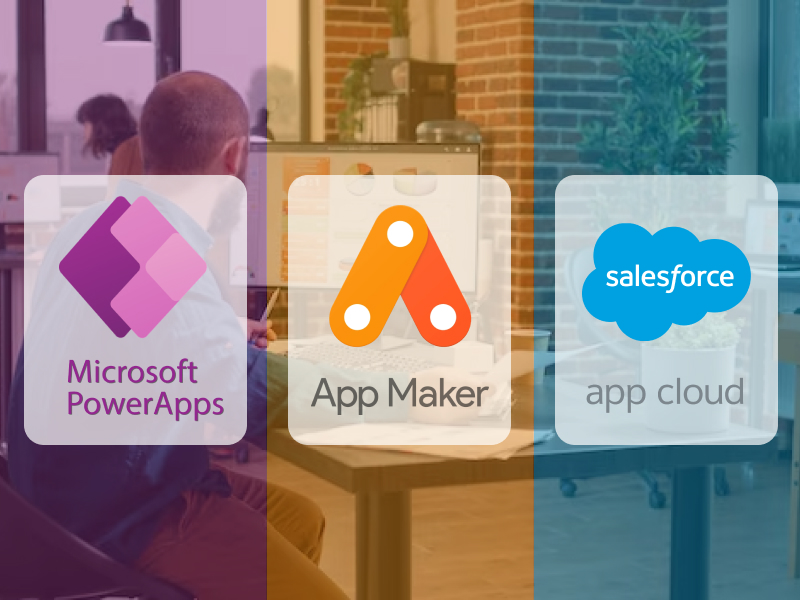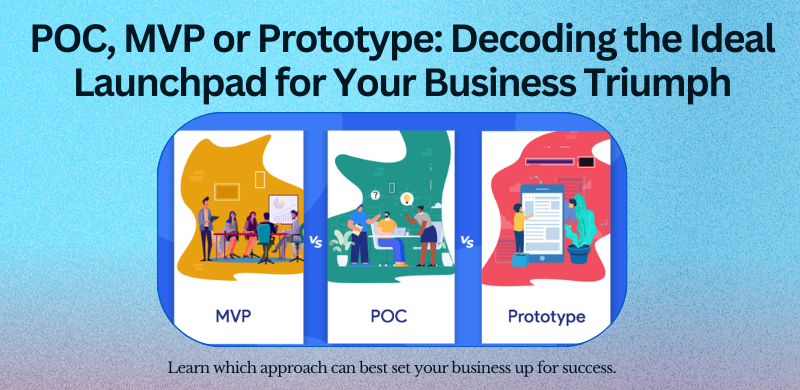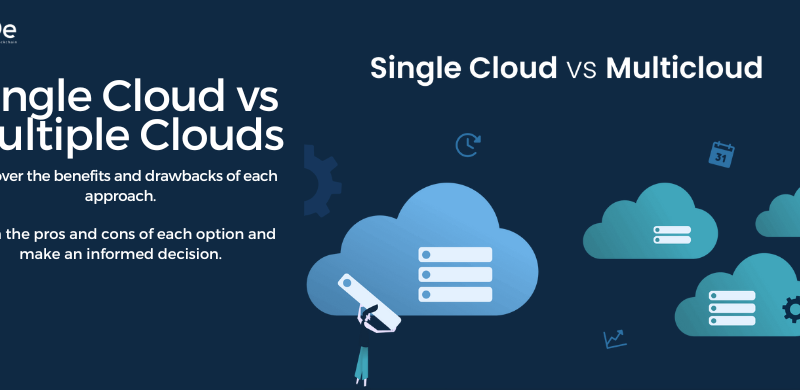In today’s fast-paced digital landscape, businesses are constantly seeking efficient ways to streamline their processes and boost productivity. Web development and app development have become integral aspects of this journey, and companies often find themselves at a crossroads when choosing the right tools. In this blog, we’ll unravel the mysteries behind three giants in the realm of development: Microsoft Power Apps, Google App Maker, and Salesforce App Cloud.
Microsoft Power Apps: Crafting Your Vision with Ease
Simplicity in Design:
Microsoft Power Apps stands out for its user-friendly, low-code approach to app development. With a drag-and-drop interface, even those without extensive coding experience can create custom applications tailored to their business needs. It’s like building with virtual Lego blocks, connecting pieces effortlessly to bring your vision to life.
Seamless Integration:
One of Power Apps’ strengths lies in its integration capabilities. It seamlessly blends with other Microsoft 365 tools, creating a cohesive ecosystem. This interconnectedness simplifies data sharing and enhances collaboration, making it an attractive option for businesses already immersed in the Microsoft universe.
Web Development Friendliness:
While Power Apps excels in app development, it also provides tools for web development. Users can create responsive web apps using the same low-code principles, ensuring a smooth transition between different platforms.
A Marketplace of Possibilities:
The Microsoft Power Apps ecosystem extends beyond the development environment. The platform offers a variety of connectors, allowing users to easily integrate with different data sources and services. It’s a marketplace of possibilities, where you can find pre-built solutions to further enhance your applications.
Google App Maker: A Brief Farewell to Simplicity
Intuitive G Suite Integration:
Once a contender in the low-code arena, Google App Maker was known for its seamless integration with G Suite. Users could effortlessly link their applications with Google Sheets, Drive, and other G Suite apps, creating a cohesive workspace.
Visual Appeal:
Similar to Power Apps, App Maker provided a visual interface for app development, making it accessible to users with varying levels of technical expertise. It’s like painting a canvas with the colors of your business processes.
The Final Curtain:
Unfortunately, our exploration of Google App Maker comes with a bittersweet note. Google decided to bid adieu to App Maker in 2021, leaving users to explore alternative avenues for their development needs. It’s a reminder of the ever-evolving nature of the tech landscape.
Salesforce App Cloud: Where Development Meets Depth
Developer-Centric Approach:
Salesforce App Cloud, now known as Salesforce Platform, takes a more developer-centric approach. With its Apex programming language, businesses can create complex and highly customized applications. It’s a playground for developers, offering the flexibility needed for intricate solutions.
AppExchange: A Marketplace of Riches:
Salesforce’s AppExchange is a treasure trove of pre-built applications, providing businesses with a vast array of options. This marketplace adds an extra layer of convenience, allowing users to find, install, and customize applications tailored to their specific requirements.
Integration Prowess:
Salesforce Platform shines in the integration department. Its capabilities extend to seamless connections with external systems and services, making it a powerful choice for businesses requiring deep integrations.
Choosing the Right Path: A Summary
Target Audience:
Microsoft Power Apps and Google App Maker cater to users with varying levels of technical expertise, offering a low-code or no-code environment. Salesforce App Cloud, with its Apex programming language, is more suited for businesses with dedicated development teams.
Integration:
Power Apps and Salesforce Platform offer extensive integration capabilities, each tightly integrated into its respective ecosystem. Google App Maker, while no longer available, excelled in integration with G Suite applications.
Customization:
Salesforce App Cloud provides extensive customization options, particularly for businesses requiring complex and highly tailored solutions. Power Apps and App Maker are geared toward quick customization using visual development tools.
Marketplace:
Salesforce’s AppExchange is a well-established marketplace for third-party applications. Power Apps benefits from the broader Microsoft ecosystem, offering various connectors and integrations. Google App Maker, unfortunately, is no longer an active player.
Licensing and Pricing:
Each platform comes with its own licensing models and pricing structures, and the choice may depend on your organization’s budget and specific requirements.
In conclusion, the choice between Microsoft Power Apps, Google App Maker (though now defunct), and Salesforce App Cloud ultimately hinges on our organization’s unique needs and circumstances. Whether we’re aiming for simplicity, deep customization, or seamless integration, each platform has its own strengths and considerations. As we embark on our development journey, weigh the options wisely, keeping in mind the evolving landscape of technology.
